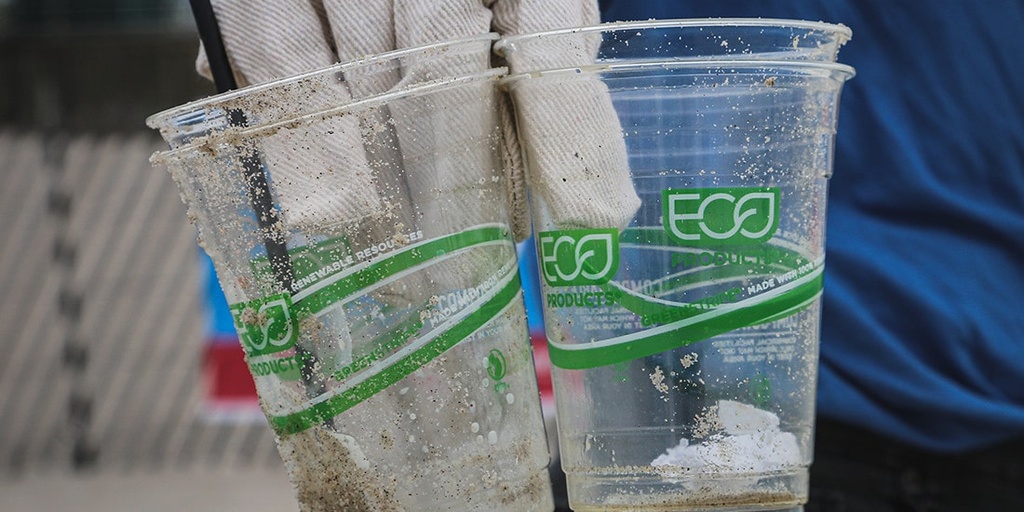Recognize greenwashing
- Earth Points
- 45
- Ease
- Medium

Photo by Brian Yurasits on Unsplash
Description
Greenwashing is the practice of marketing products in a way designed to convince consumers that the product is more environmentally friendly than it actually is.
An army of advertisers and marketers see a growing climate and environmental movement and are adjusting their ads to reflect that to sell more stuff. Do the terms eco-friendly, natural, and sustainably made sound familiar? In some cases, it is genuine. Unfortunately, in too many cases, it is simply a marketing ploy, and the products are really not sustainably made or environmentally friendly.
The range of products that gets greenwashed is broad, including food, household cleaners, air travel, gasoline, and clothing. Oil companies have been particularly brazen about it in an attempt to cover the damage from the pollution they create.
Recognize greenwashing, call it out for what it is, and act accordingly.
Some governments have been making strides to combat greenwashing. Check out this article to learn about Europe's anti-greenwashing laws!
Tips
• Read the fine print. A product may say it is made with recycled material, but if you look at the small writing, you may find that only 10% of recycled material went into making it.
• Consider the full picture. Perhaps the packaging is recyclable, but that only makes up a small part of the environmental impact. Or perhaps a recycling logo is slapped on the box, but in reality, your local recycling cannot handle that type of material. Sure, it is better than nothing if an oil company captures some emissions it produces, but if 95%+ of it ends up polluting the air, then that is a big problem.
• Look at the company/manufacturer as a whole. Many companies will try to come off as sustainable by creating a line of products that sound or are sustainable to distract from their core products. A product advertising an environmental claim without any other commitment to sustainability overall is not particularly helpful.
• See if they have proof. If a company can support its eco-friendly claim with evidence, they have nothing to hide. If information is not provided or you are given a run-around, it is probably greenwashing.

